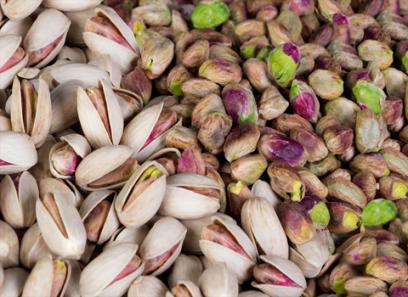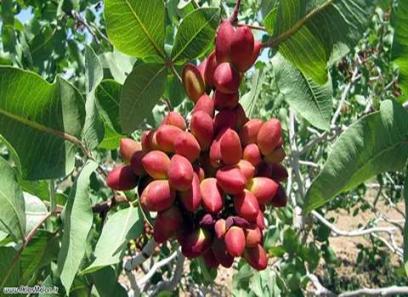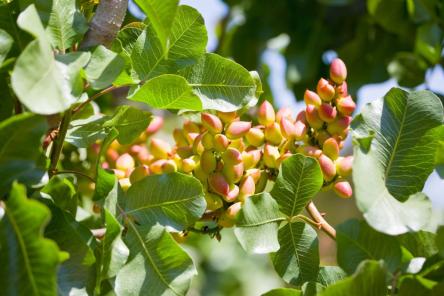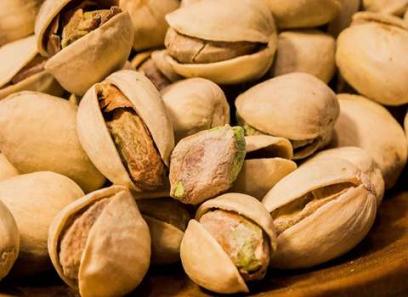Pistachio shells, often considered as waste, hold untapped potential that businesses can exploit.
.
 With the increasing global demand for sustainable products and the rising awareness surrounding the circular economy, finding innovative ways to utilize byproducts like pistachio shells can be both economically and environmentally beneficial.
With the increasing global demand for sustainable products and the rising awareness surrounding the circular economy, finding innovative ways to utilize byproducts like pistachio shells can be both economically and environmentally beneficial.
In this article, we will explore the various possibilities associated with pistachio shells from a business perspective.
1. Biomass Energy: One of the significant opportunities lies in utilizing pistachio shells as biomass energy.
The high calorific value and low moisture content of pistachio shells make them an excellent candidate for biomass fuel production.
Businesses can set up biomass power plants to generate electricity by burning pistachio shells, providing renewable energy and reducing dependence on fossil fuels.
Additionally, this could open up opportunities for partnerships with utility companies and government initiatives aimed at promoting clean energy solutions.
2. Animal Feed: Pistachio shells can also be processed into animal feed, offering an alternative to traditional feed sources.
With the increasing demand for sustainable and natural livestock feed, businesses could venture into this sector.
The shells are rich in fiber, minerals, and antioxidants, making them a suitable ingredient for animal nutrition.
By collaborating with farmers and livestock industries, businesses can create a new revenue stream while reducing waste in the agricultural sector.
..
 3. Biochar Production: Biochar, a type of charcoal obtained through the pyrolysis process, can serve multiple purposes.
3. Biochar Production: Biochar, a type of charcoal obtained through the pyrolysis process, can serve multiple purposes.
Pistachio shells can be transformed into biochar with benefits ranging from water filtration to soil improvement.
This presents a unique opportunity for businesses to produce and sell biochar to horticultural and agricultural industries.
With growing concerns about soil quality and water conservation, biochar derived from pistachio shells can offer an environmentally friendly solution.
4. Industrial Applications: Pistachio shells have proven to be useful in various industrial applications.
Due to their abrasive nature and low bulk density, they are ideal for creating eco-friendly substitutes for plastic microbeads used in exfoliating products.
Businesses can explore manufacturing these biodegradable alternatives and cater to the growing demand for sustainable personal care and cosmetic products.
Additionally, pistachio shell powder is also used as a filler material in the production of plastic composites, reducing the reliance on non-renewable resources.
Conclusion: Pistachio shells, often overlooked as waste, hold tremendous value waiting to be unlocked.
By adopting a circular economy approach and exploring innovative applications, businesses can find profitable avenues while contributing to sustainability goals.
The possibilities range from biomass energy production and animal feed to biochar production and industrial applications.
Embracing the potential of pistachio shells not only reduces waste but also promotes a greener and more resource-efficient future.
Furthermore, businesses can also capitalize on the market demand for sustainable packaging solutions.
Pistachio shells can be ground into a fine powder and used as a natural filler material for packaging materials.
This inventive use of pistachio shells not only provides a biodegradable alternative to traditional packaging materials but also adds a unique and eco-friendly touch to products, appealing to conscientious consumers.
In addition to the direct applications mentioned above, businesses can consider partnering with researchers and innovators to explore further possibilities for pistachio shells.
Research is underway to develop bioplastics from agricultural waste, including pistachio shells.
By investing in research and development, businesses can stay at the forefront of innovation and potentially discover new uses for pistachio shells that can be commercialized.
…
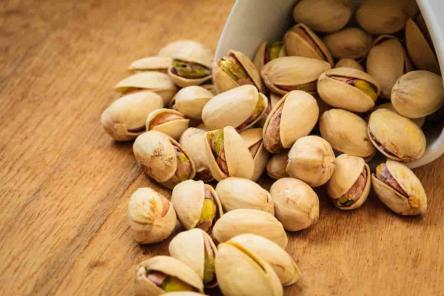 The market for sustainable and environmentally friendly products is expanding rapidly, with consumers and regulatory bodies demanding more responsible practices from businesses.
The market for sustainable and environmentally friendly products is expanding rapidly, with consumers and regulatory bodies demanding more responsible practices from businesses.
By incorporating pistachio shells into their operations, businesses can demonstrate their commitment to sustainability while also reaping economic benefits.
This presents an opportunity for differentiation and increased market share, as environmentally conscious consumers are more likely to choose products and services that align with their values.
However, it’s important to note that businesses must prioritize the sourcing of pistachio shells sustainably.
Collaboration with pistachio growers, processors, and regulators is crucial to ensure a consistent and reliable supply chain while adhering to ethical practices.
In conclusion, pistachio shells offer a wealth of untapped potential for businesses to explore and exploit.
From biomass energy production and animal feed to biochar production and industrial applications, there are numerous opportunities to create value from what was once considered waste.
By embracing the circular economy approach and investing in innovative strategies, businesses can not only contribute to sustainable development but also enhance their own bottom line and competitive advantage in the marketplace.
The time to unlock the hidden potential of pistachio shells is now.

